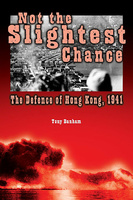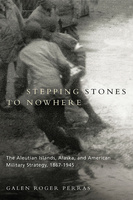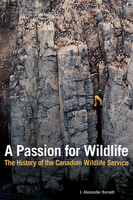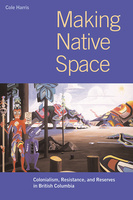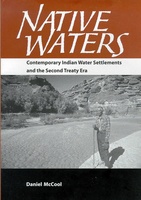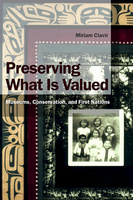Not the Slightest Chance
The Defence of Hong Kong, 1941
This book represents the first attempt to piece together all existing accounts of the December 1941 Battle of Hong Kong and the fighting between the Garrison and the invading Japanese.
A War of Patrols
Canadian Army Operations in Korea
Impeccably researched and analytical, this comprehensive account of the Canadian campaign in the Korean War provides the first detailed study of the training, leadership, operations, and tactics of the brigade under each of its three wartime commanders.
Stepping Stones to Nowhere
The Aleutian Islands, Alaska, and American Military Strategy, 1867-1945
Galen Perras shows how that changed with the Japanese occupation of the western Aleutians, which climaxed in the horrendous battle for Attu during the Second World War.
A Passion for Wildlife
The History of the Canadian Wildlife Service
A chronicle of the Canadian Wildlife Service and the evolution of wildlife policy over the first 50 years of this venerable Canadian institution's history.
Women and the White Man's God
Gender and Race in the Canadian Mission Field
Based on diaries, letters, and mission correspondence, this is the first comprehensive examination of women’s roles in Anglican missions that were active in northern British Columbia, Yukon, and the Northwest Territories between 1860 and 1940.
Modern Women Modernizing Men
The Changing Missions of Three Professional Women in Asia and Africa, 1902-69
Explores how professionalism, religion, and feminism came together to enable missionary women to become the colleagues and mentors of Western and non-Western men.
Making Native Space
Colonialism, Resistance, and Reserves in British Columbia
It presents the most comprehensive account available of perhaps the most critical mapping of space ever undertaken in BC – the drawing of the lines that separated the tiny plots of land reserved for Native people from the rest.
Native Waters
Since the beginning of the reservation era, the bitter conflict between Indians and non-Indians over water rights was largely confined to the courtroom. But in the 1980s the federal government began to emphasize negotiated settlements over lawsuits, and the settlements are changing water rights in fundamental waysnot only for tribes but also for non-Indian communities that share scarce water resources with Indians.
In Native Waters, Daniel McCool describes the dramatic impact these settlements are having both on Indian country and on the American West as a whole. Viewing the settlements as a second treaty era, he considers whether they will guarantee the water future of reservationsor, like treaties of old, will require tribes to surrender vast resources in order to retain a small part of their traditional homelands. As one tribal official observed, "It's like your neighbors have been stealing your horses for many years, and now we have to sit down and decide how many of those horses they get to keep." Unlike technical studies of water policy, McCool's book is a readable account that shows us real people attempting to end real disputes that have been going on for decades. He discusses specific water settlements using a combination of approachesfrom personal testimony to traditional social science methodologyto capture the richness, complexity, and human texture of the water rights conflict. By explaining the processes and outcomes in plain language and grounding his presentation in relevant explanations of Indian culture, he conveys the complexity of the settlements for readers from a wide range of disciplines.
Native Waters illustrates how America is coming to grips with an issue that has long been characterized by injustice and conflict, seeking to enhance our understanding of the settlements in the hope that this understanding will lead to better settlements for all parties. As one of the first assessments of a policy that will have a pervasive impact for centuries to come, it shows that how we resolve Indian water claims tells us a great deal about who we are as a nation and how we confront difficult issues involving race, culture, and the environment.
Preserving What Is Valued
Museums, Conservation, and First Nations
What are the “right ways” to preserve heritage? Are the aims and purposes of museums necessarily at odds with those of First Nations? This thoughtful book explores the concept of museum conservation in light of cultural repatriation issues, and helps readers understand the complex relationship between museums and Aboriginal peoples.
A Trading Nation
Canadian Trade Policy from Colonialism to Globalization
This brilliantly crafted overview and analysis of the historical foundations of modern Canadian trade policy is the first survey to address the history of Canadian commercial policy in over fifty years.

